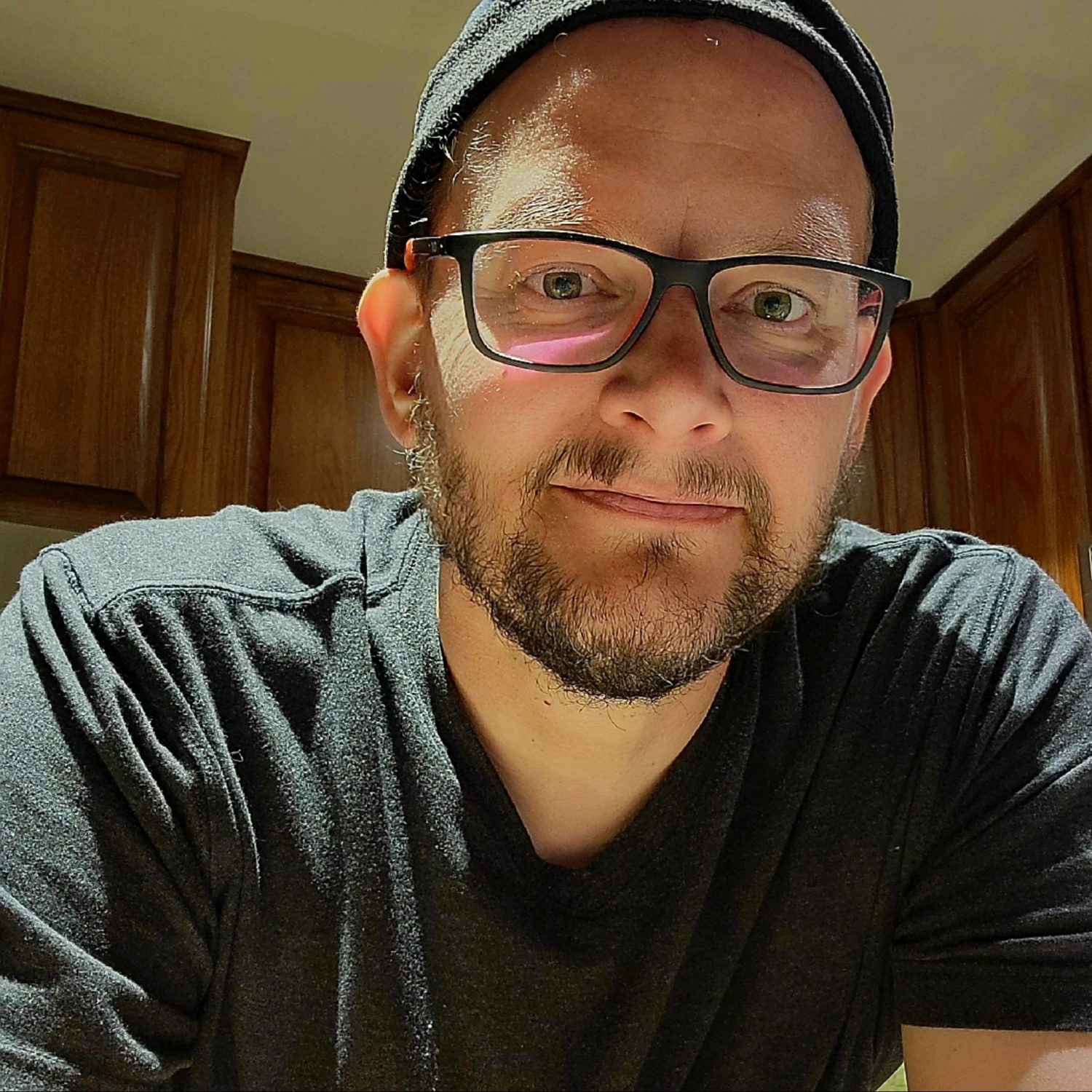 This is not a post is not a story of triumph. There will be no Facebook post with accompanying photo about my interview with Roxane Gay because there will be no interview.
This is not a post is not a story of triumph. There will be no Facebook post with accompanying photo about my interview with Roxane Gay because there will be no interview.
Oh, I was asked. My bookstore is co-hosting the event for her new memoir, Hunger. But like her book, the first book I’ve been able to successfully read beginning to end in 10 months – ok a year, if I’m being completely honest (I tried, Bruce), my story is not one with a neat happy ending. Back in October, I melted down completely, spiraled into a horrid depression, and I haven’t been able to read more than a paragraph or two at a time.
My passion for words shrank to scattered thought, then slowly to short poems, then an article or two. It’s been a nasty little secret until now, so when I got the email asking if I would be “in conversation” with Ms. Gay, I had to read it a few times to actually understand it. Then I thought for a day or two before answering no, citing vague health issues. I told the people around me that it wouldn’t make sense for me, a white guy who only struggles mildly with his weight to discuss such a tender, vulnerable subject with someone who has so clearly been subjected to mildly out of shape white guys’ opinions about her body.
The truth is I was afraid I wouldn’t be able to read in time to be articulate in front of a crowd. I was afraid of being exposed as an illiterate bookseller. A fraud. Of course, I’m not really illiterate, not permanently at least. The strange cognitive twist is that I can still write, but that doesn’t translate to intelligent discussion in front of an audience with someone as formidable as Roxane Gay.
But I regret my “no” answer now, so I’ll express my angst here in a public sort of letter.
Ms. Gay – yours is the very first book I could read, and if I had it to do over again, I would say yes to the interview. Not because I’m an entitled white guy (although an argument could be made that I am) but because I spent 30 years in a female body I couldn’t reconcile before becoming this guy.
I would have loved to ask you about the bold, daring, stare the fear straight in the eyes courage it took to crack your life wide open in the pages of this book. We have a lot in common. We could have talked about binging. We could have talked about sexual assault, about being attacked from within our own bodies. We could have talked about attacking our own bodies. We could have talked about trauma housed in every cell that we want to lose, but cannot set free. We could have talked about being so very alone in our cages – differently shaped cages, yes, but cages. We could have talked about shame. About touch. About both craving it and slapping it away.
We could have talked about bodies, fat bodies, cis female bodies, transgender bodies, black bodies – all of the kinds of bodies that are war zones, that are property put up for public debate and judgement without input from the souls who inhabit those bodies.
We could have talked about taking up space and wishing we could disappear. We could have talked about public space – TSA lines and airplanes, bathroom stalls and swimming pools.
But we won’t, and I’m sorry. Sorry, not as an apology to you (you will be great as always and your book and event are not about me) so much as an expression of deep sorrow and regret that I had the chance to sit on a stage with you and talk freely about the experience of a body at war with itself – regret that I *finally* read something all the way through after months of sheer desperation BECAUSE you talked freely in this book and I couldn’t look away. I couldn’t look away from the devastating beauty of it.
We met before, on your tour for Bad Feminist. It was hot. We borrowed the empty space next to the store to accommodate a more people. I built a stage specifically for the event. The air conditioner broke that day. I was the guy with the fan. You, no doubt, do not remember me and that’s ok. I was being invisible that day, too. But I remember you. I saw you. I see you now. And even though we won’t do this conversation in person, I’ll take this small chance to thank you for writing this exquisite book.
So this post ends here. Not quite satisfying. Not triumphant. Not neatly finished. Imperfect and sort of selfish. But hopeful and grateful.

